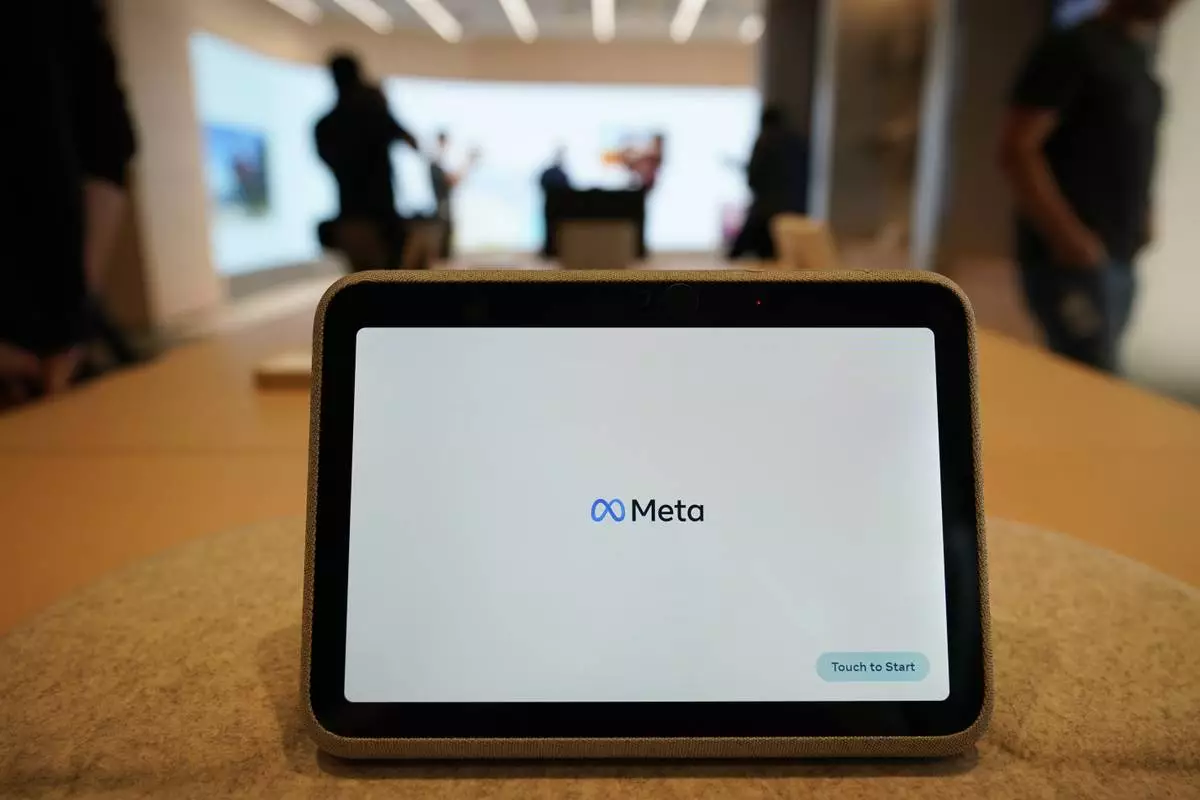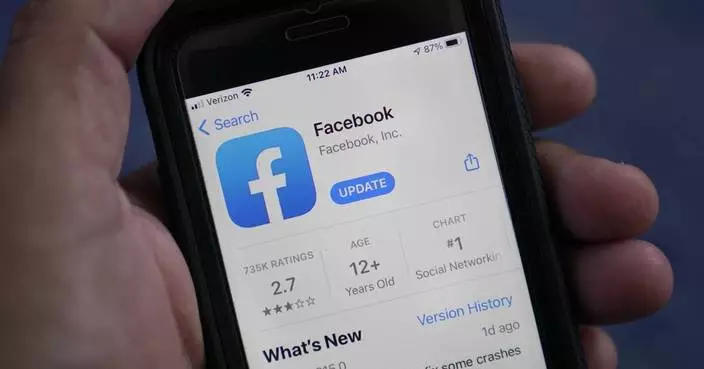In the past three days a number of adverts have been taken down from the site for being incorrectly labelled, including Government-backed adverts.
Facebook has faced calls to ban all political advertising ahead of the forthcoming General Election, after a number of misleading ads were taken down from the platform.
The social network’s rules require all political advertising to be labelled, so users can get information about who paid for them.
However, in the past three days several adverts have been taken down for being incorrectly labelled, including some paid for by the Government.
Ian Lucas, an outgoing member of the Department for Digital, Culture, Media and Sport (DCMS) sub-committee on disinformation, said: “I think it’s very difficult to see how Facebook can adequately prevent misinformation.
He told the PA news agency: “I think they are going to see a considerable number of complaints about misleading advertising throughout this election, and it does concern me – it’s an issue I have seen growing.
“One of the big debates we are having is around targeted ads. The danger of these adverts is being dismissed.
“Removing political adverts is the right decision for democracy.”
Facebook has faced increasing pressure to remove political ads after Twitter announced it would do so from November 22.
One advert taken down in recent days was published by a page called the Fair Tax Campaign, a lobbying group run by former Boris Johnson aide Alex Crowley.
The sponsored advert asked: “Could you afford an extra £214 each month? That’s what Labour’s tax plans would mean for EVERYONE.”
However, Labour has yet to publish its tax plans or manifesto ahead of the election.
Between £400 and £499 was spent on the advert, which largely targeted men over the age of 65 in England. It was seen up to 40,000 times.
When contacted by the BBC, Mr Crowley said the ad was based on a New Economics Foundation report from August, adding that his campaign had no links with the Conservative Party.
Last Friday the Government was accused of misusing taxpayers’ money to target voters in key swing constituencies with Facebook ads.
At least 17 adverts, promising up to £25 million investment in towns across the UK, were deactivated after they were not correctly labelled. However, a Government spokesman said the adverts had been due to expire anyway.
They went live on the day the General Election was announced.
Unlike traditional advertising, there is no way of regulating what is said on targeted Facebook ads.
These ads only appear in specific newsfeeds for profiles they are targeting.
If they are not correctly labelled political adverts – as was the case with both the Fair Tax Campaign and My Town adverts – it is difficult to know who is seeing them.
After the Fair Tax Campaign ad was removed, Conservative Damian Collins, who chaired the DCMS sub-committee, tweeted: “First strike in the campaign against sketchy political ads on Facebook.
“People shouldn’t be able to place political adverts online if we can’t see who is paying for them. The same rules that apply offline should apply on the internet.”
Facebook and Instagram parent company Meta said Wednesday its first-quarter profit more than doubled, boosted by higher advertising revenue and a 6% increase on the average price of ads on its platforms. But its shares dropped sharply in after-hours trading following lukewarm revenue guidance.
Meta Platforms Inc. earned $12.37 billion, or $4.71 per share, in the January-March period. That's up from $5.71 billion, or $2.20 per share, in the same period a year earlier.
Revenue rose 27% to $36.46 billion from $28.65 billion.
Analysts, on average, were expecting earnings of $4.32 per share on revenue of $36.14 billion, according to a poll by FactSet.
For the current quarter, the Menlo Park, California-based company said it expects revenue between $36.5 billion and $39 billion. Analysts are expecting revenue of $38.25 billion for the second quarter, which is higher than the midpoint of Meta's guidance range.
Meta also said it expects its 2024 capital expenses to be higher than anticipated due to its investments in artificial intelligence. It is forecasting expenses in the range of $35 billion to $40 billion, up from its earlier guidance of $30 billion to $37 billion.
The company has been investing heavily in AI and earlier this month unveiled a new set of artificial intelligence systems that are powering what CEO Mark Zuckerberg calls “the most intelligent AI assistant that you can freely use.”
Meta, along with leading AI developers Google and OpenAI, and startups such as Anthropic, Cohere and France’s Mistral, have been churning out new AI language models and hoping to persuade customers they’ve got the smartest, handiest or most efficient chatbots.
“Meta’s earnings should serve as a stark warning for companies reporting this earnings season," said Thomas Monteiro, senior analyst at Investing.com “Even though the company did beat estimates in all top- and bottom-line metrics, it didn’t matter as much as the reported lowering revenue expectations for Q2. This is the exact opposite of what Tesla did yesterday and goes to show that investors are currently looking at the near future with heavy mistrust.”
On Tuesday, electric vehicle maker Tesla reported that its first-quarter net income plummeted 55%. But it said it would accelerate production of new, more affordable vehicles, and on Wednesday its stock rose 12%.
The number of people using Meta's apps, meanwhile, continued to increase, with 3.24 billion users on average for March in its “family of apps” that includes Facebook, Instagram, WhatsApp and Messenger. That's up 7% year-over-year. Beginning this quarter, the company will no longer disclose user figures for Facebook.
Meta had 69,329 workers as of March 31, a decrease of 10% year-over-year. Zuckerberg called 2023 the “year of efficiency" and the company laid off thousands to reduce expenses.
Meta's shares fell 16% in after-hours trading. Meta's stock price has more than doubled over the past year thanks to a rebound in online advertising.

FILE - A Meta Portal Go is displayed during a preview of the Meta Store in Burlingame, Calif., on May 4, 2022. Meta reports earnings on Wednesday, April 24, 2024. (AP Photo/Eric Risberg, File)







